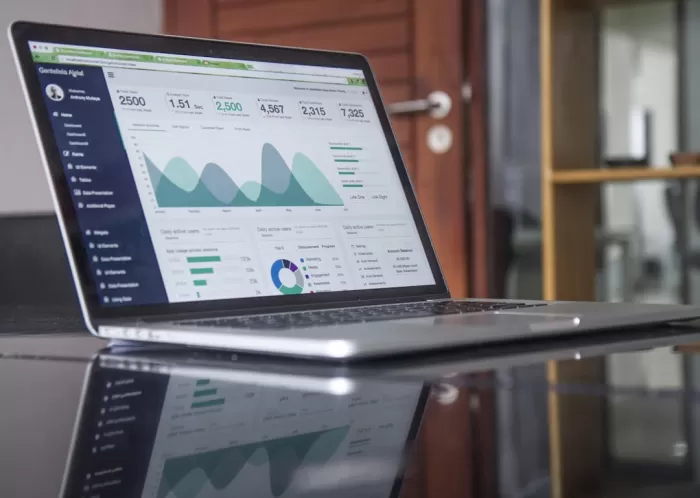
Understanding the Impact of GDPR on Digital Marketing
Welcome to the ultimate guide on understanding the impact of GDPR on digital marketing. In today's digital age, data privacy has become a hot topic, and the GDPR plays a significant role in shaping how businesses collect, store, and use personal data.
What is GDPR?
The General Data Protection Regulation (GDPR) is a regulation in EU law on data protection and privacy for all individuals within the European Union and the European Economic Area. It addresses the export of personal data outside the EU and EEA areas.
Key Principles of GDPR
- Lawfulness, fairness, and transparency: Data collection must be lawful and transparent to the individual.
- Purpose limitation: Data should only be collected for specified, explicit, and legitimate purposes.
- Data minimization: Collect only the data that is necessary for the intended purpose.
- Accuracy: Data should be accurate and kept up to date.
- Storage limitation: Data should not be kept longer than necessary.
- Integrity and confidentiality: Data should be processed securely and protected from unauthorized access.
Impact of GDPR on Digital Marketing
GDPR has significantly impacted digital marketing practices, especially in the way businesses collect and use customer data. Here are some key points to consider:
Consent
Under GDPR, businesses must obtain explicit consent from individuals before collecting their data. This means no more pre-ticked opt-in boxes or assuming consent.
Data Protection
Businesses are now required to implement appropriate security measures to protect customer data from breaches. Non-compliance can result in hefty fines.
Transparency
GDPR emphasizes transparency in data processing. Businesses must clearly communicate how they use customer data and provide individuals with access to their own data.
Accountability
Accountability is a key principle of GDPR. Businesses must demonstrate compliance with the regulation and be able to show how they are protecting customer data.
Adapting to GDPR in Digital Marketing
Here are some tips on how businesses can adapt to GDPR in their digital marketing strategies:
Review Data Collection Practices
Audit your data collection processes to ensure they are GDPR-compliant. Obtain explicit consent from individuals before collecting their data.
Update Privacy Policies
Update your privacy policies to clearly outline how customer data is collected, stored, and used. Make it easy for individuals to understand and access this information.
Implement Data Security Measures
Invest in data security measures to protect customer data from breaches. Encryption, access controls, and regular security audits are essential.
Train Your Team
Educate your team on GDPR requirements and best practices. Ensure everyone handling customer data understands their responsibilities.
Conclusion
GDPR has revolutionized the way businesses approach data privacy and digital marketing. By understanding the principles of GDPR and implementing necessary changes, businesses can build trust with their customers and ensure compliance with the regulation.
Online part time business without investment




